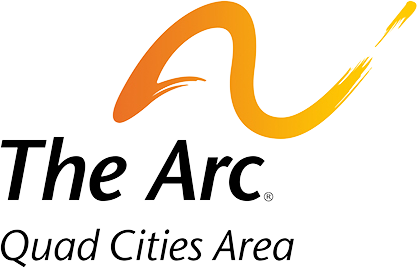Why It Matters
Our direct support workforce is in crisis. With an average annual turnover rate of 45 percent, an average wage of $10.72 an hour, and an average vacancy rate of 9 percent, the needs of people with disabilities, their families, and the workers themselves are not being met.
Medicaid is the primary source of funding for the programs employing these workers. The current Medicaid reimbursement system, cost cutting actions by state legislatures and Medicaid officials, and recent strides to raise the minimum wage in several cities and states have exacerbated the workforce crisis already hampered by low wages, a lack of affordable health insurance, high turnover, and a shortage of staff. Demand for these workers from private industry and other human services sectors is also high, leading to competition among industries for workers. These problems have been compounded over three decades, leading to a crisis that presents a grave threat to the lives of our constituents and their families. Ensuring adequate funding so that direct support professionals are paid a living wage, including appropriate benefits, is vital to attracting and retaining the workforce needed to fully support people living in the community.
Training must be available to DSPs that covers the essential knowledge, ethical principles and practices, and skills necessary to provide direct support to individuals. DSPs must receive training in the philosophy of self-determination and the value of full inclusion and community participation of individuals.
Federal and state quality assurance programs must assess and monitor DSP recruitment, retention, and competence as part of licensure in order to recognize and address positive performance and to assist programs with unacceptable performance. Additionally, states must utilize a system for criminal background checks for all public and private DSPs and make available a list of individuals for whom abuse and neglect charges have been substantiated for the purpose of increased safety.
Our nation’s immigration laws must also take into account this workforce need. We support pursuing appropriate waivers of, or changes in, immigration law to allow for the active recruitment of qualified immigrants in order to bolster the direct support and other professional workforce.
What The Arc Is Doing
The Arc advocates for improvements in several areas to address this crisis that impacts the independence of people with I/DD.
Our Policy Goals
The Arc’s Public Policy Goals make recommendations to achieve a well-trained, fairly compensated direct support professional workforce.
Our Coalition Work
The CCD Long Term Services and Supports Task Force works on issues relevant to the DSP workforce crisis, including how a comprehensive system of long term supports and services must address DSP issues.
How You Can Help
There are many ways to advocate with and support The Arc’s grassroots movement.














